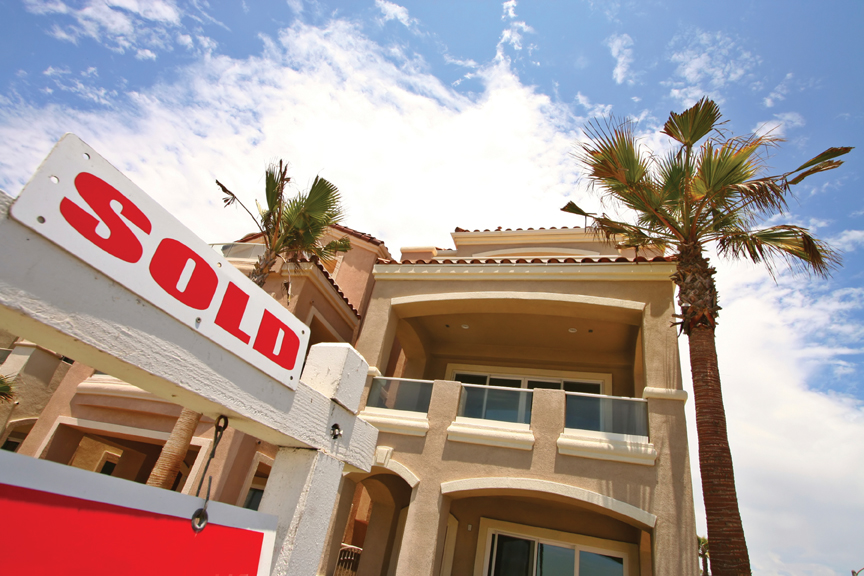 Short sales definitely are on the decline, with home prices increasing every month, but there are still a lot of homeowners who are upside down on their mortgage and facing a financial hardship.
Short sales definitely are on the decline, with home prices increasing every month, but there are still a lot of homeowners who are upside down on their mortgage and facing a financial hardship.
A short sale allows the homeowner to avoid foreclosure, have the deficiency waived, and get out from under the debt of the mortgage. There is no cost to do a short sale. The bank pays all Realtor fees and closing costs. So, it doesn’t cost the homeowner anything.
Everybody’s situation is completely different, and every short sale is different from the next. There are no two exactly the same. One of the questions I am often asked is, “What qualifies a homeowner to do a short sale?” The short answer is any kind of financial hardship, but a short sale can be done for other situations, as well. Here are a few of the top reasons for homeowners to do a short sale:
• Reduction of income—One of the borrowers has lost their job, or their hours or pay have been reduced.
• Unemployment
• Relocation—This is not just for relocation out of state. Moving jobs within the same state or even the same
city can mean a long commute and can be considered a hardship.
• Divorce—Even if you are just separated, or have not filed yet, you can still qualify for a short sale, with divorce as the hardship.
• Illness—This can include an illness, which will affect the ability to work immediately or in the future. It also includes an illness involving anyone in the household. Upcoming medical expenses can reduce the ability to continue to make the mortgage payments and cause a financial hardship.
• Financially Unable to Continue—It may be that nothing significant in your situation has changed. However, after struggling for so long and still being upside down, you just can’t keep paying a higher mortgage payment. Many homeowners have held on, hoping the market would turn around, but it just hasn’t happened fast enough, and they are only a paycheck or two away from default.
• Used All Savings or Have Large Credit Card Debt—This happens far too often. It’s so sad to hear about a homeowner who has used up all their financial resources, and is still going to lose their home anyway. This is especially distressing if it’s an elderly couple. They have used up all their savings and even their retirement funds trying to do the right thing and stay in their home, only to lose it a year or two later, along with all their savings and retirement funds. Don’t make the mistake of losing it all and then losing your home, too.
• Strategic Default—This is when there is not a financial reason to do a short sale, and it becomes a business decision. The homeowner is so upside down, and it just doesn’t make sense holding on to the home anymore. While there is still some controversy over whether someone should do a strategic default or not, the bottom line is they still are being done, and banks are accepting them. A strategic default can be used to get out from under the debt of an upside down home without a financial hardship.
Staying Current and Doing a Short Sale
This may not be an option for every homeowner. Most homeowners already have missed a payment or two before starting the short sale process, or stop paying once they decide to move forward, so they can save those payments to help with the move. If you remain current while doing a short sale, you can purchase a home again the day after the short sale closes with a new FHA loan.
Every situation is unique, and every short sale is different. However, the one thing they have in common is they help families start over. Bad things happen to good people, but there is help available.
For more information on short sales, or for a free confidential consultation, contact me directly at (602) 571-6799, or send an e-mail to Lorraine@ArizonaShortSaleToday.com. Visit my Web site at www.ArizonaShortSaleToday.com.

